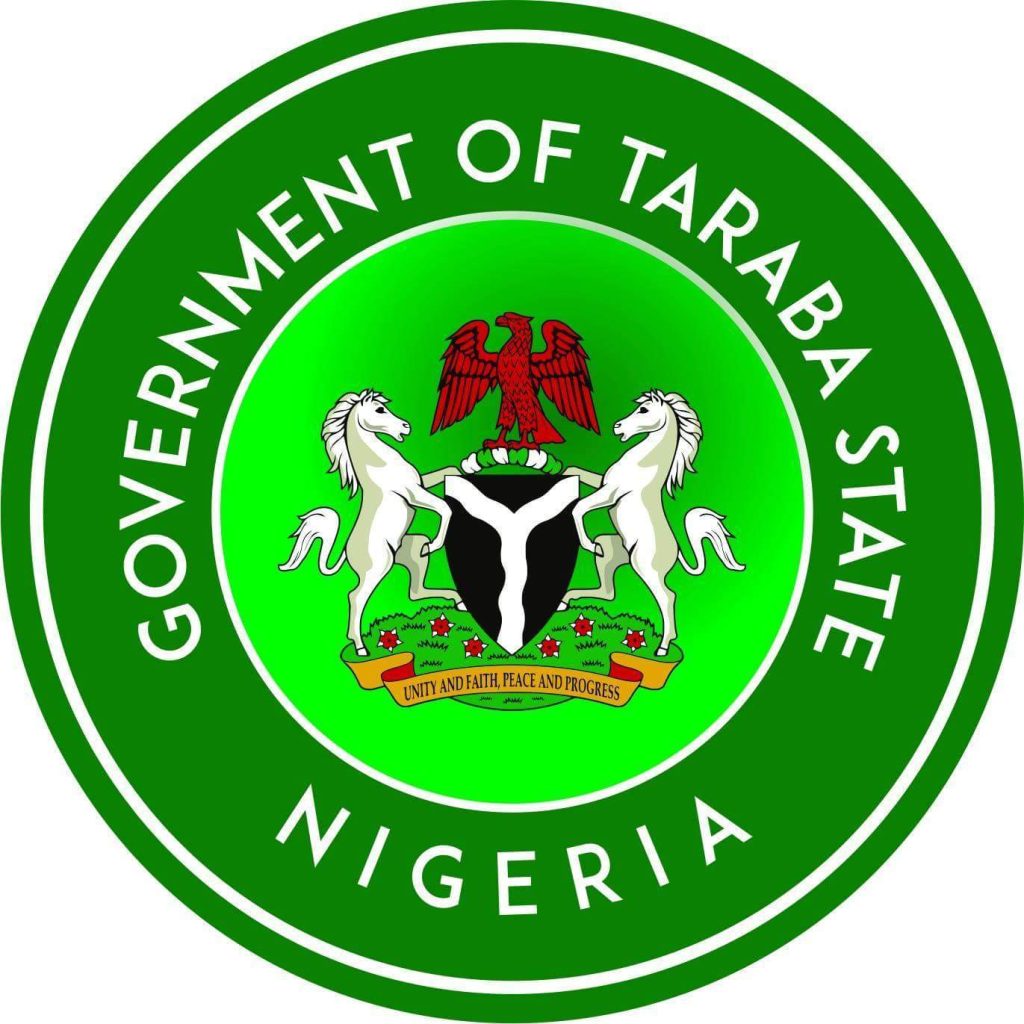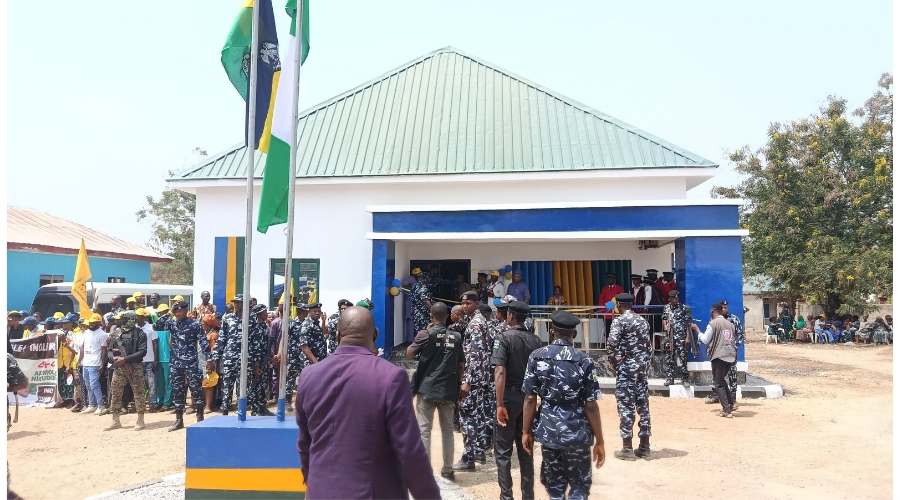A prominent Nigerian politician and philanthropist known for distributing rice to vulnerable communities has shifted allegiance to a smaller opposition party, citing the country’s escalating economic crisis as a driving force. Barrister Kenneth Imansuagbon, widely recognized as “the rice man” for his annual donations to widows, left the Labour Party to join the African Democratic Congress (ADC) in Edo State on Wednesday, July 23, 2025. The move comes after his unsuccessful bid as a Labour gubernatorial candidate in Edo’s 2024 elections.
Imansuagbon, an educator and lawyer, framed his defection as a response to Nigeria’s worsening living conditions, particularly soaring food prices and systemic governance failures. “It’s no longer hunger—it’s starvation,” he told reporters in Benin City, lamenting that a bag of rice now costs approximately ₦110,000 (about $76), compared to ₦7,000 during former President Goodluck Jonathan’s administration (2010–2015). This surge, he claimed, forced him to halt his rice distribution initiative, a symbolic gesture underscoring deepening poverty.
“I don’t want to be part of a system where leaders can’t address hunger, unemployment, or the collapsing exchange rate,” he said, criticizing Nigeria’s political elite. He positioned ADC as the sole platform aligned with his vision for “genuine change,” emphasizing job creation, education, security, and reduced living costs. “Only Nigerians can fix Nigeria,” he asserted, urging citizens to embrace the ADC as a vehicle for reform ahead of the 2027 general elections.
The ADC’s Edo State chairman, Kennedy Odion, welcomed Imansuagbon as part of a broader movement to challenge Nigeria’s dominant political parties. Describing the ADC as a “rescue mission,” Odion predicted a mass exodus from rival parties, declaring, “By 2027, it will be clear the ruling party must step aside.” He framed the defections as a rejection of poor governance and a bid to prevent Nigeria from becoming a one-party state.
Imansuagbon’s switch highlights growing disillusionment within Nigeria’s opposition landscape amid inflation exceeding 33% and a currency crisis that has eroded purchasing power. Analysts view such moves as attempts to consolidate anti-establishment sentiment ahead of key elections. While his advocacy for grassroots welfare has garnered local support, the ADC’s capacity to disrupt Nigeria’s entrenched political dynamics remains untested. The party, founded in 2005, has limited national influence but aims to position itself as a credible alternative by attracting high-profile defectors campaigning on economic relief and institutional accountability.



